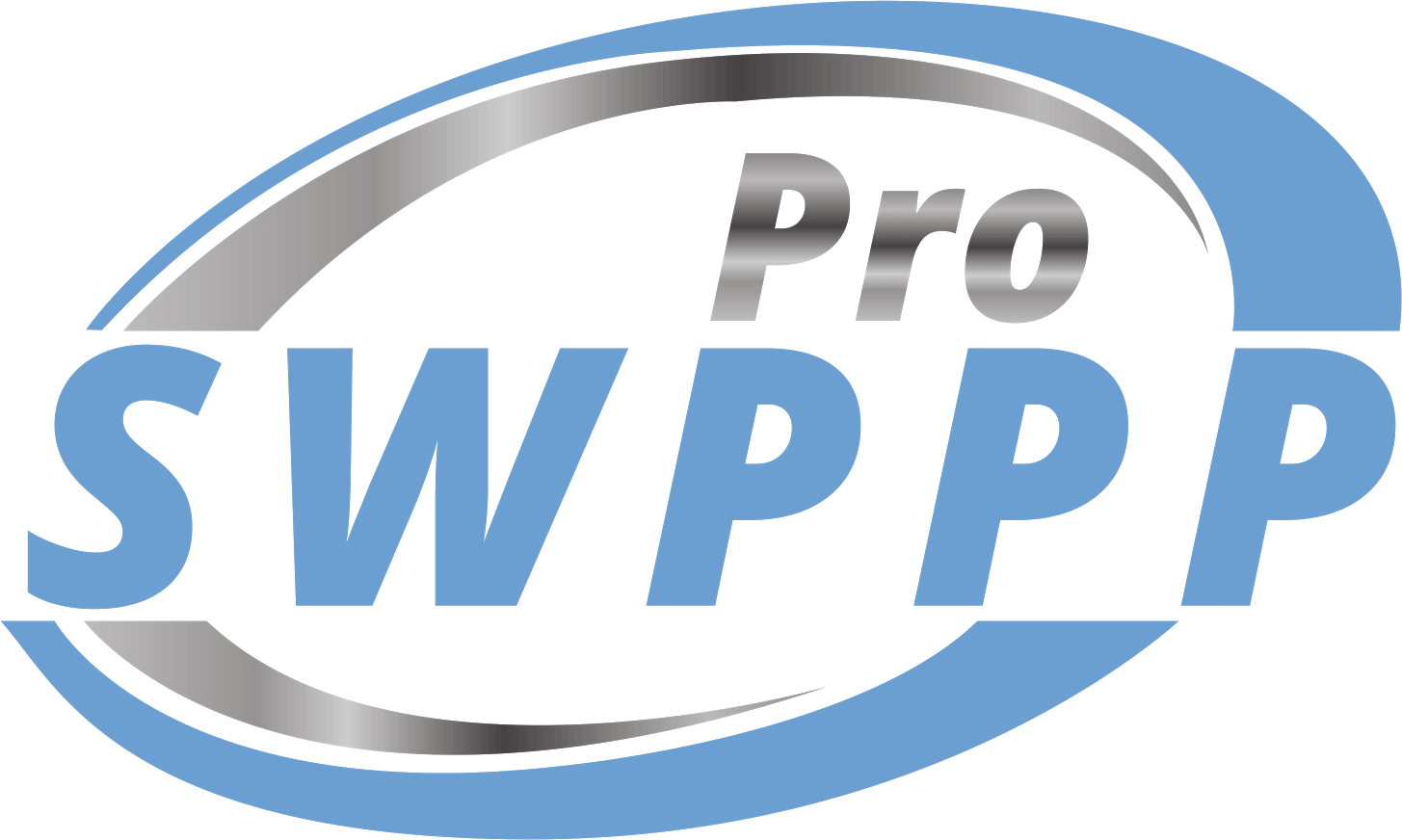Storm Water requirements in Oklahoma require all Construction Operators to comply with the OKR10 Construction General Permit. This helps to prevent Storm Water Discharges from Construction Activities within the state of Oklahoma. The permit is all inclusive for Storm Water Discharges from Construction Activity in Oklahoma except for sites associated with Oil & Gas, Agriculture, or building located on Indian Country Lands. In these cases the EPA handles the Storm Water Permitting requirements.
An SWPPP is required to comply with the OKR10 General Permit. The ODEQ SWPPP requirements cover the construction projects of more than 1-acre size within the Oklahoma area. The guidelines are quite specific regarding every aspect of the permit. However, it is very important to understand the limitations on the coverage of the Construction General Permit. This is because noncompliance in this area can land your project in hot water even after having a legitimate SWPPP permit. Here is an overview of this aspect of the permit.
Discharges emerging post construction
Any discharges occurring after the final stabilization process of the construction site will not be covered under the SWPPP plan. A different OPDES permit has to be acquired if your construction site is liable to originate storm water discharges after completion of the initial construction project.
Non-storm water mixed discharges
Any discharges mixed with non-storm water will not be considered covered under the SWPPP permit. The regularity of such discharges might also end up in a civil lawsuit from the local authorities and community. The company must be quite attentive regarding the discharges that are part of a runoff due to any other construction activity like industrial washing of parts, asphalt or machinery.
Discharges covered by another permit
The OKR10 Permit and associated SWPPP does not authorize storm water discharges associated with construction. Nor does it support activities that may have been covered under an individual permit or which require permit under an alternative general permit except for discharges from concrete and asphalt batch plants associated with your construction site.
Make sure you are covered for all activities on your site. Your SWPPP just covers storm water discharges from the construction activity per OKR10 General Permit.
Discharges threatening water quality
If the director of the ODEQ determines that the quality of any particular discharge is extremely harmful to the quality of usable water in the area, the permit for SWPPP might not cover that particular discharge under its guidelines. The construction operator will need to file for an individual permit for these discharges and the permits will be regulated by different sets of guideline of control and implementation of the discharges to make it most suitable for the surrounding water bodies.
Penalties
- Criminal Penalties
- Negligent Violations – up to $25,000 per day or 1 year in prison or both
- Knowing Violations – up to $50,000 per day or 3 years in prison or both
- Knowing Endangerment – up to $250,000 or 15 years in prison or both
- Civil Penalties – up to $10,000 per day per violation that affected any local resident or business
We understand how complex this entire process is and how full your plate already might be to worry about it. So, if you need a stormwater permit in Florida, let’s talk. We can help with a current permit, inspections, training or SWPPP. Call 833-GET-SWPP today!

